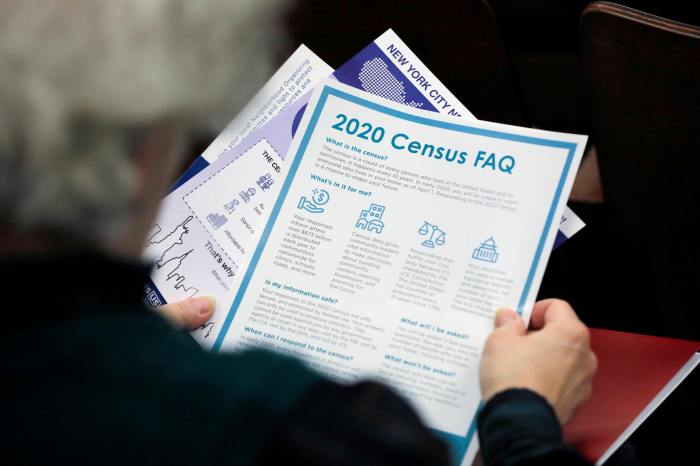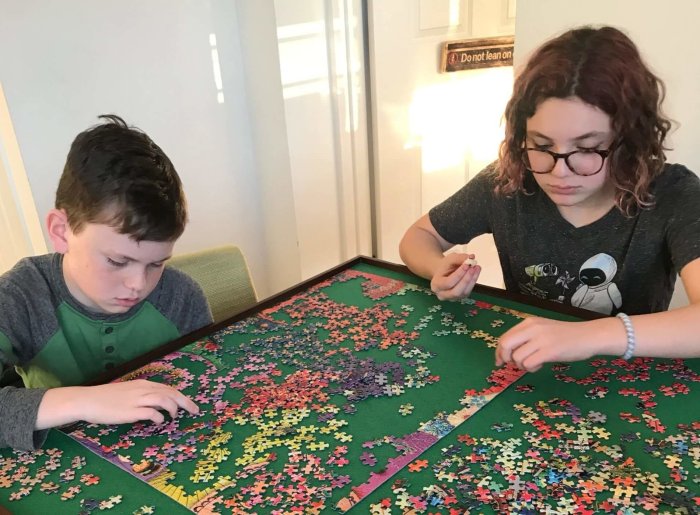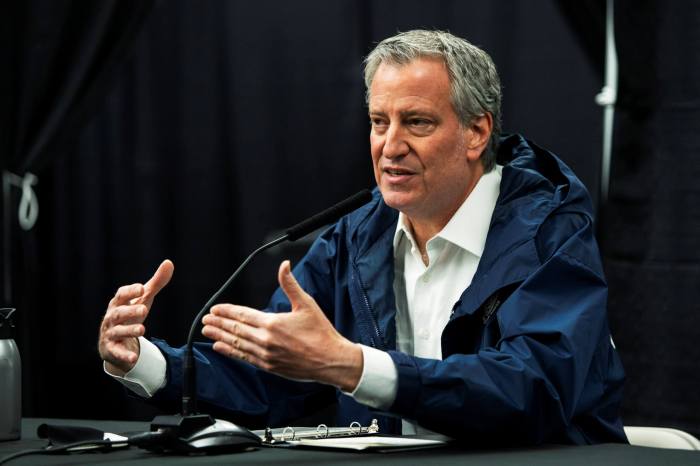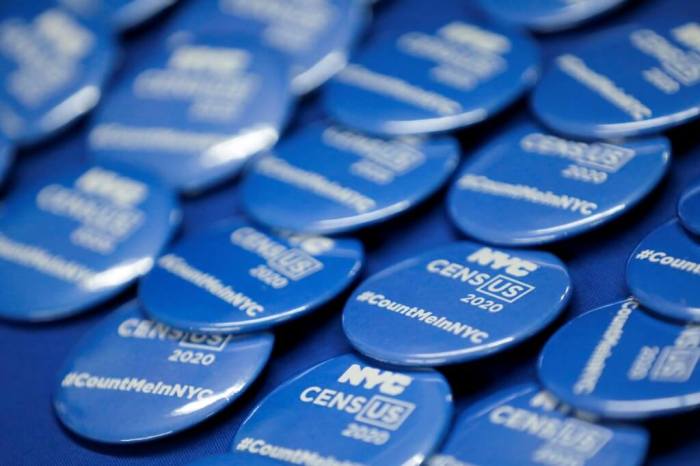The public health crisis caused by the COVID-19 pandemic has exposed the cruel healthcare access and affordability barriers that low-income and under-resourced communities have long suffered. Under-investment in our communities and a complex health care system has left immigrant, Black and brown New Yorkers unable to access life-saving health care. For decades, community organizations have provided services to help vulnerable neighbors overcome these barriers, and the pandemic has validated that addressing these long-standing health inequities is the only path to true health justice.
In Brooklyn, where almost 18 percent of the population live in poverty and eight percent lack access to insurance, many of whom are immigrants, the need to tackle these health inequities is imperative. The only path forward to dismantle our current health system of haves and have nots, which contribute to higher rates in mortality and morbidity among low-income immigrants and communities of color, is to provide adequate health coverage and expand access to care.
It is also equally important to deliver culturally and linguistically competent services to help these communities navigate the complex health care system and access the care they need.It is in this latter area where community organizations across the City, through Council-funded initiatives like the Managed Care Consumer Assistance Program (MCCAP), Access Health NYC, Immigrant Health, and Ending the Epidemic, can make a profound difference.
Make the Road New York (MRNY), where I help lead health services and advocacy work, is one of the twelve community-based organizations that are part of MCCAP, a program that offers clients a place to turn so they don’t have to contend with the challenges that emerge when navigating the insurance and healthcare system on their own. The health program offers facilitated enrollment into health insurance programs and SNAP benefits, help resolving health insurance problems, getting medical services, accessing affordable care if uninsured, nutrition education, emergency food pantries, and more.
Each year, MRNY helps more than 25,000 individuals and families receive legal, health, and education services. Take for example Jorge, who was provided information about accessing free or low cost healthcare services through NYC Care by a MCCAP advocate, since he doesn’t qualify for health insurance due to his immigration status. He was scared to visit a hospital during the pandemic because he is the primary caretaker of his elderly mother and takes extra precaution for her safety. However, he is a diabetic and in need of care. “After having my first doctor’s visit, I was referred to several specialists. I am very pleased to know that they are covered by NYC Care and my immigration status is not an obstacle to receiving health care services. I hope that more people, who might be in the same situation as me, get to enroll into this program. I will always be grateful for the opportunity to receive personal assistance provided by the Make the Road Advocate, who answered my questions and helped get rid of the fear about the enrollment process.”
MCCAP first started in 1998 as a model consumer assistance program funded by the City of New York and administered by the Community Service Society (CSS) in partnership with 26 community-based organizations. The program was dismantled in 2010 when City Council funding was eliminated for Fiscal Year 2011. In 2019, we are thankful that the program received a $500,000 restoration Since then, the CSS helpline and 12 community-based organizations have provided much-needed advocacy assistance to over 4,300 individuals, helping them save $300,000 in healthcare and insurance costs in the process. Across the city, MCCAP provides services in more than 15 languages and at 15 different locations across all five boroughs. And more than 80 percent of MCCAP clients are people of color and/or speak a language other than English at home.
MRNY is also part of the Access Health NYC initiative, another city-wide program that focuses on reaching hard-to-reach populations and educating them on their healthcare rights and resources to help them access the care they need. Our goal of improving access to care and decreasing health disparities among the immigrant population in the city is further supported by our participation in the Immigrant Health and Ending the Epidemic initiatives. The former provides funding towards interventions designed to remove cultural and linguistic barriers to care, while the latter supports efforts to decrease new HIV infections by identifying diagnosed and undiagnosed HIV-positive New Yorkers and connecting them to healthcare and medication.
In this time of need, while our communities are still suffering through the pandemic, funding for these programs were cut by 15 percent in fiscal year 2021 due to the fiscal crisis. Yet the need for outreach, education, and health advocacy services has only intensified because of the pandemic, and now the City is in a much stronger financial position. Cuts to our communities jeopardize the health of most vulnerable New Yorkers.
As the City begins deliberations on a $92.28 billion municipal budget, the City Council should increase funding for MCCAP, from $425,000 to $750,000, restore Action Health NYC’s ’ funding to $2.5 million, and maintain funding for the Immigrant Health ($2 million) and Ending the Epidemic ($6 million) initiatives in the fiscal year 2022 budget.
This is the time when the City should leverage every dollar available through the new federal American Rescue Plan Act to protect and strengthen these programs. They are a lifeline for Brooklyn residents and residents across New York City and help address health inequities and public health crises such as COVID-19 that affect predominantly low-income, immigrant New Yorkers and communities of color.























